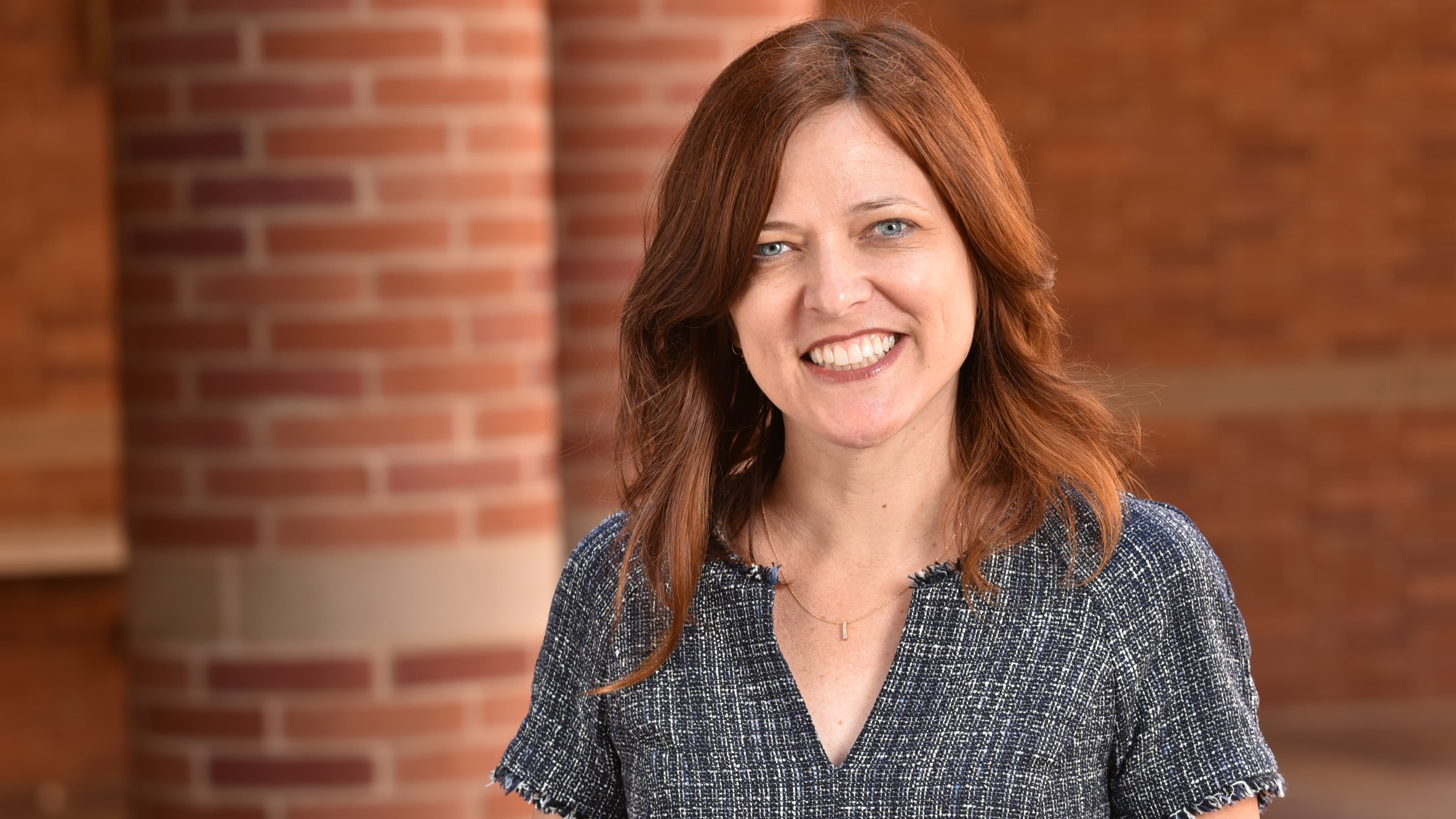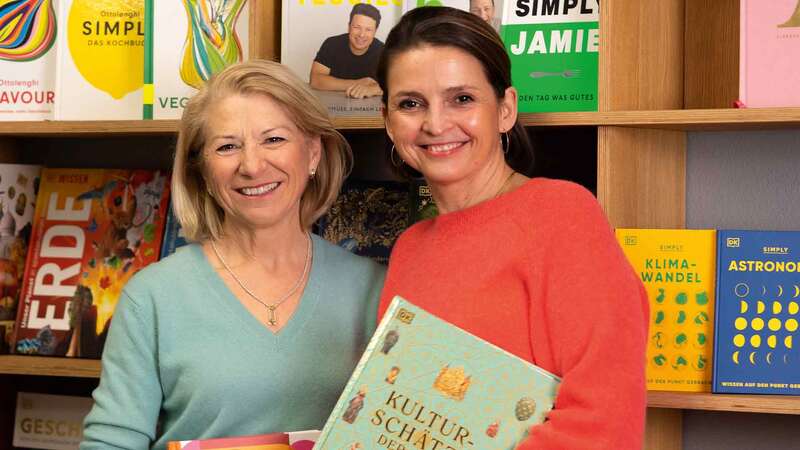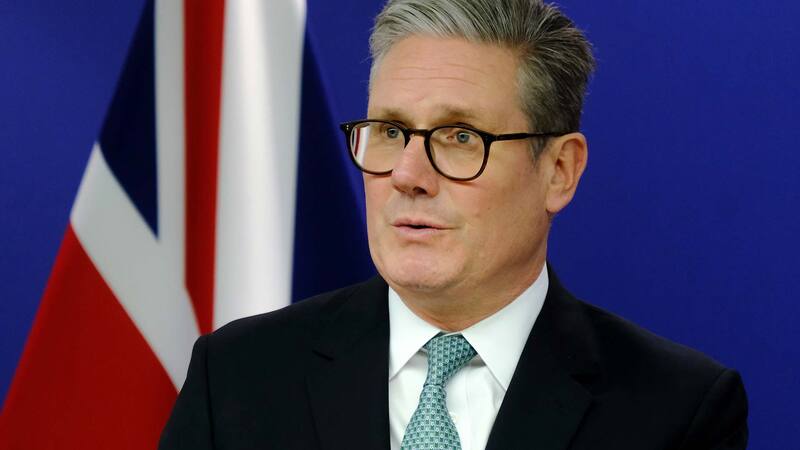You are viewing your 1 free article this month. Login to read more articles.
Incoming ABA chief executive Allison Hill reveals her plans
The first female leader of the American Booksellers Association shares lessons learned from her time at Vroman’s
Allison K Hill will succeed Oren Teicher as c.e.o. of the American Booksellers Association (ABA) on 1st March. She will be the first woman at the helm of the organisation, which has been instrumental in the revival of US indie bookselling.
Hill comes with strong credentials. Over 13 years—since 2013 as c.e.o. and president—she has turned 125–year-old Vroman’s in Pasadena, California, into a bookselling icon. When she hands over the reins this month, she leaves behind an operation with an impressive CV (see Vroman’s numbers, below).
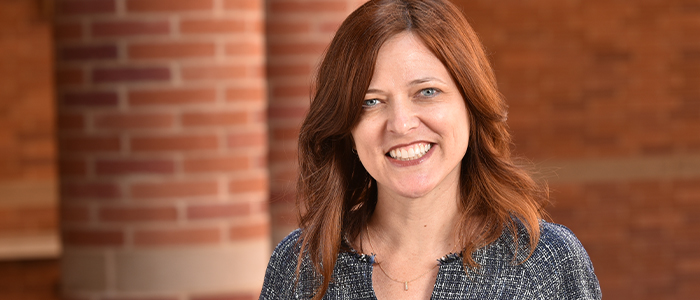
Hill is a shrewd businesswoman, with an MBA from the UCLA Anderson School of Management. She is also a former vice-president of the Southern California Independent Booksellers Association, and a member of ABA’s Booksellers Advisory Council.
For “passionate reader” Hill, the move from California to White Plains, outside New York, means going from “one dream job to another”. She thinks the timing is right to do what she has done at Vroman’s on a much larger scale, and with many bookstores. “This is both a fascinating and difficult time for booksellers; it feels as if the industry has reached a critical juncture, with big strategic questions ahead.”
Thanks to the work Teicher and his team has done, American booksellers have become very business-wise, says Hill. “I don’t have to tell our members how to sell books; instead, my work will be all about how to come up with ways for booksellers to stay one step ahead of the challenges coming our way.”
Once in the post, she intends to sit down with the team for an in-depth inventory, looking, listening, learning. “It is always a mistake to just sit back and relax when your business model works well for you,” Hill warns. “The business of bookselling needs consistent fine-tuning and re-examining. There is no room for complacency, because otherwise the world will pass us by.” Big new ideas will be necessary “to safeguard our future”, with costs, pricing (“we need to address the pricing structure with our publishing partners”) and improving technology among the biggest challenges.
“We work in a physical world, but our customers are tech-savvy and don’t really have to shop in bricks-and-mortar stores,” says Hill. “A good bookseller delivers not only a very personal shopping experience and excellent service, but also a hands-on community feeling that even the best online shop cannot deliver.”
Building a tight relationship with customers has been among the core principles she installed at Vroman’s, to the effect that “quite a few” turn up virtually every day of the year. One question booksellers need to ask themselves constantly, she says, is: “How can we make ourselves memorable to others and vital for the community?”
Hill expects 2020 to be another “daunting year for booksellers and retailing in general”, with the continuous move to online shopping a worrisome development. She wishes James Daunt well with restructuring Barnes & Noble. “We have seen how badly the demise of Borders hit the industry some years ago; we need Barnes & Noble as a stabilising factor.”
Hill hasn’t met Daunt yet, but she has been watching “very carefully” how he turned Waterstones around. She remains optimistic for the future of bricks-and-mortar bookselling in the US, not least because of the growing success of movements such as Buy Local or Local First. “It is incredibly important that booksellers continue to strongly support local shopping, as they have done in recent years.”
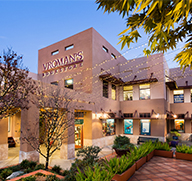 Vroman’s numbers
Vroman’s numbers
- Annual sales of more than $16m.
- Three bookshops in top locations in Pasadena and West Hollywood—with the flagship trading from some 3,000 sq m—and a double presence in Los Angeles International Airport.
- 210 employees, with a 60:40 ratio between full and part-timers.
- Around 1,000 events per year, 700 of them in the main store.
- An array of initiatives, most prominent among them the charitable programme Vroman’s Gives Back, through which $750,000 has been donated to local non-profit bodies.





